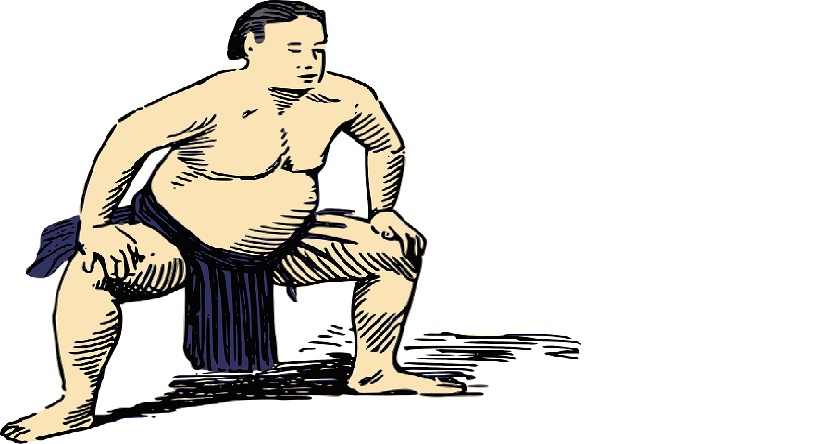The word transgender breaks down into two parts; Trans & Gender, to help people better understand what transgender means. “Trans” in Latin word means “to cross”, which means “crossing gender” with the of combination of gender. The word Trans is an umbrella term used to portray individuals with a gender identity and/or sex expression distinctive to their sex relegated during childbirth. It might be utilized to envelop numerous identities that are outside of a cisgender identity. And, it is used to describe many kinds of gender identities that fall inside the immense experience of human nature or character.
Gender identity is the individual's sentiment being male, female, both, a blend, or neither, which is shown to other people through gender expression such as clothes, hairstyles, mannerisms and others. It is particular and autonomous from sexual orientation. Trans individuals can be lesbian, gay, Bi, straight, pansexual, and so forth. Transgender or Trans implies somebody whose gender contrasts from the one they were given when they were born. Transgender people may distinguish as male or female, or they may feel that neither one of the labels fits them.
In order to express their gender, transgender individuals may transition, or change, from the sex they were given during childbirth. They may change their names, pronouns or style of dress. Some transgender additionally picks a medical transition, with the assistance of medical experts, who will endorse hormones and/or surgery.
At the point when transgender people enlighten others regarding their gender identity, it's referred to as "coming out." It's an unveiling of truth, such as telling somebody your sexual introduction. It's a major step for those people. There's no chance for a person to know how others will respond. A few people are strong cooperative, others may require time to handle the news before they can see how they feel about it. Additionally, some may never be tolerating. It can come as a shock, and it's a ton to take in, generally as there's a great deal that goes into deciding to transition.
Most trans people are depressed, or anxious or turn out to be socially disconnected, yet often it’s the fear that friends and family will dismiss that bring those emotions. They start looking for counseling just to get rid of that, however, being transgender isn't a mental illness. "People struggle with anxiety or depression when they feel they can't be who they are," Friedman says.
For a few, it can prompt clinical depression, alcohol and medication misuse, or other medical problems being issues that need treatment. But, for some, the decision of come out bring relief and pride.









